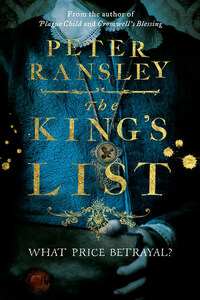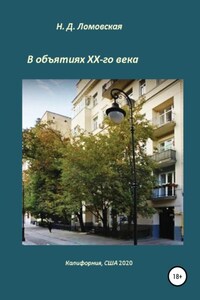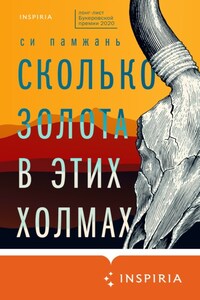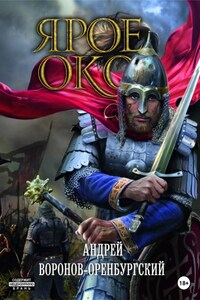HarperPress
An imprint of HarperCollinsPublishers,
1 London Bridge Street
London SE1 9GF
www.harpercollins.co.uk
First published in Great Britain by HarperPress in 2015
Copyright © Peter Ransley 2015
Peter Ransley asserts his moral right to
be identified as the author of this work
A catalogue record for this book is
available from the British Library
All rights reserved under International and Pan-American Copyright Conventions. By payment of the required fees, you have been granted the non-exclusive, non-transferable right to access and read the text of this e-book on screen. No part of this text may be reproduced, transmitted, downloaded, decompiled, reverse engineered, or stored in or introduced into any information storage retrieval system, in any form or by any means, whether electronic or mechanical, now known or hereinafter invented, without the express written permission of HarperCollins e-books.
Find out about HarperCollins and the environment at
www.harpercollins.co.uk/green
Source ISBN: 9780007312429
Ebook Edition © JANUARY 2015 ISBN: 9780007584727
Version: 2014-12-15
August 1659
On a bright, summer day I rode alone from London to Oxford, getting fresh horses by showing the ring that told the world I was Sir Thomas Stonehouse, Second Secretary of State and a mix of other titles and honours. These, not to put too fine a point on it, meant I was – or had been – Oliver Cromwell’s spymaster.
Cromwell had been dead for eighteen months. His son Richard had succeeded him but had nowhere near the iron grip of his father on the country. Outside London, Oliver Cromwell’s spectre still hung over the country. Some people could not believe he was dead. Others said his spirit had been seen at the great battlefields of Marston Moor and Naseby. Few wanted to rekindle that war except members of the Sealed Knot, Royalists who believed the executed King had died a martyr. They wanted revenge and the return of the King’s son, who had done little for his country, except sire fifteen bastards at my spies’ latest count. Some in the Sealed Knot were sincere. Most wanted their lands and power back.
My son, Luke, was sincere. When my steward, Scogman, told me Luke was a member of the Sealed Knot my first instinct was to confront him – not about being a Royalist, for he scarcely made that a secret, but about joining a hopeless, ramshackle conspiracy like the Knot. I dismissed this approach. Luke would not believe me. It would make things worse between us, and they were bad enough. I determined to let him find out for himself. The Knot leaked like a sieve. Simultaneous uprisings were planned in the north, the West Country and even in East Anglia, Cromwell’s old heartland. Luke was part of a group planning to take over an armoury in Oxford. I could have told him who would let him down, the county gentlemen who would promise money which would not be paid, or troops who would not arrive. Instead I would let him find out for himself. He would be arrested. Scogman would see he was not charged or gaoled but brought straight back to me.
It would be a salutary lesson, better than any I could give him. He would be contrite, realising how false his friends were, how hopeless the Royalist cause was. England would never see a King on the throne again, least of all the self-proclaimed Charles II, who begged his way from one European court to another. I would be magnanimous. Because of the war I had rarely seen Luke as a child. This would bring us closer together, giving me the father–son relationship I had always wanted.
So I imagined until the rebellion grew closer and Scogman set out for Oxford. He wore bucket boots with a jump jacket of oiled leather, and carried an old-fashioned broadsword and a pistol. I not only felt a flood of nostalgia for the war, but the weapons brought me to my senses with a jolt. Years at my desk had given me the mind of a planner, not a soldier. I began to think like a soldier again and a soldier – unlike a politician – knew that nothing went according to plan. My intelligence might be wrong. It could be a full-scale rebellion. Luke might be killed.
When I reached Highpoint, my estate in Oxfordshire, I learned the intelligence was right. One of the leading Royalists in the county, Sir Simon Barber, had been bought with land he had lost during the war. The others would not move a finger without him. From information Barber gave us some were arrested.
‘Including Luke?’ I said with relief.
Scogman shook his head. Luke had disappeared. From that moment the plan I had carefully constructed to bring my son to his senses, and the two of us closer together, fell to pieces.
Although the uprising was a dismal failure everywhere else, Sir George Booth, an excellent soldier and well-liked in his county, managed to raise 4,000 men and hold Cheshire and part of Lancashire for several weeks. This inspired Luke and a group of hotheads to try and take over an armoury. It was a foolhardy project; the sort Cromwell used to dismiss with contempt as going for glory, not results. Scarcely more than boys, they were too young to have fought in the war and were dying to distinguish themselves for their King. Two did. Several were wounded, including Luke. I made sure he was kept in a separate cell. I hired a coach and removed my ring so only the gaoler knew who I was and, with Scogman, went there late one evening.














